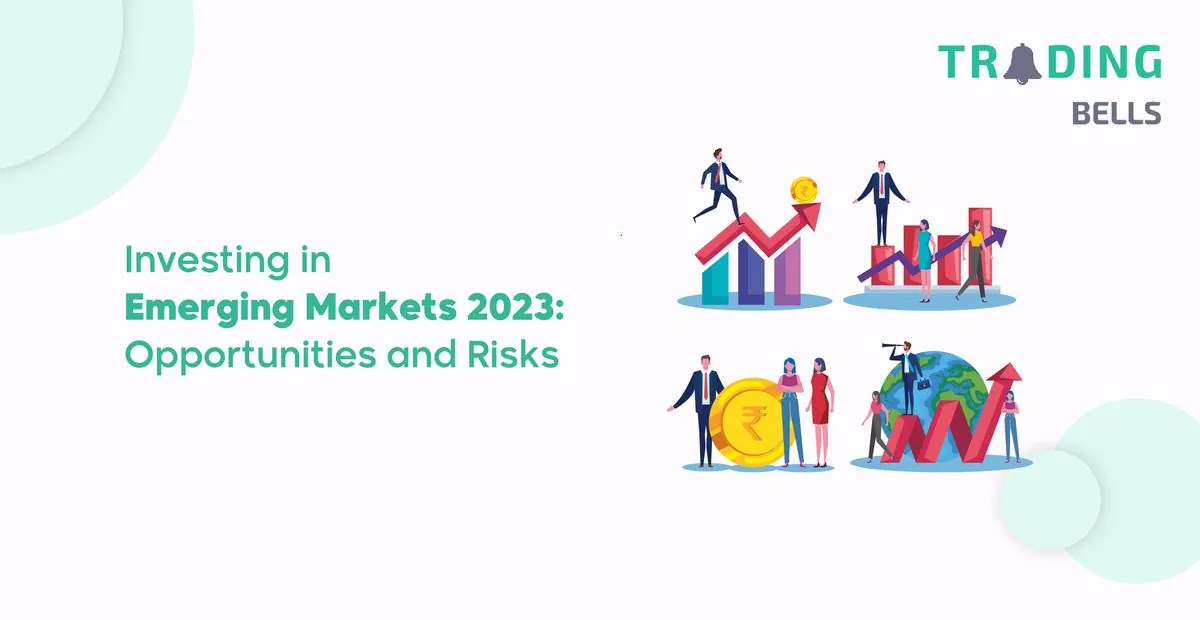Emerging Markets: A New Dawn or False Hope?
Emerging markets face a potential turnaround after years of underperformance. Recent Fed policy shifts and Chinese stimulus efforts signal possible change, but challenges remain.

Fifteen years ago, in the wake of the 2008 financial crisis, investors faced a critical decision. The global economy was reeling from a US-led credit and housing bubble, with China's £300 billion stimulus plan offering a lifeline. Many anticipated a shift in economic power from America to emerging markets, particularly China. However, this prediction proved inaccurate.
An investment of £100 in emerging market shares in September 2009 would be worth £121 today, while the same amount in Chinese stocks would have depreciated to £95. In contrast, a global stock market investment would have grown to £324, and a bet on America's recovery would have yielded £539.
The MSCI Emerging Markets Index, launched in 1988, has undergone significant changes since its inception. Emerging market shares now trade at a 35% discount compared to developed markets, with their weight in global mutual funds dropping from 13% in 2010 to just 5% today. This decline can be attributed to several factors:
- A strong dollar due to rising US interest rates
- Poor performance of the Chinese economy since 2021
- Increased risk aversion among investors
- Rising geopolitical tensions

The recent shift in Federal Reserve policy may serve as a catalyst for change. The Fed's pivot towards easier monetary policy, coupled with China's new stimulus package, could pave the way for a resurgence in riskier investments like emerging markets.
Higher US interest rates have been particularly challenging for emerging economies. Countries such as Brazil, Poland, and Mexico had raised their rates ahead of the Fed to control inflation. However, the Fed's prolonged hold on rates in 2024 forced these nations to maintain higher borrowing costs to protect their currencies.
The commodity market plays a crucial role in emerging market performance. The commodity supercycle of the 2000s greatly benefited many emerging economies. However, current commodity prices, particularly oil, have seen significant declines. The oil price has dropped from $130 per barrel two years ago to $70 today, illustrating the scale of headwinds in the sector.
China remains a key factor in the emerging market landscape. Despite its recent weakness, China still accounts for a substantial portion of the emerging market index. The country's property market slump has severely impacted consumer confidence, with up to half of household wealth tied to real estate. China's demographic challenges, with 9 million births annually compared to 12 million people entering the over-60 age group, further complicate its economic outlook.
The future of US-China relations also looms large over emerging markets. Fears of a second phase in the tariff war between the two economic giants continue to influence investor sentiment. This geopolitical tension, reminiscent of historical events like the Plaza Accord of 1985, which significantly impacted emerging Asian economies, adds another layer of uncertainty.
Despite these challenges, there are signs of potential improvement. Emerging market shares are currently undervalued, trading at around nine times expected earnings – less than half the multiple applied to US and Indian shares. Popular Chinese stocks like China Mengniu Dairy have seen their price-to-earnings ratios plummet from 50 three years ago to just 15 today.
The long-term outlook for commodities, particularly metals like copper, remains positive due to their importance in decarbonization, electric vehicles, and infrastructure development. This trend could benefit emerging markets with significant natural resources.
In conclusion, while the backdrop for emerging markets is improving, the timing of any recovery remains uncertain. Investors must weigh the potential opportunities against ongoing risks, including the upcoming US presidential election in November 2024. As history has shown, from the Asian financial crisis of 1997 to the rise of the "Fragile Five" in 2013, emerging markets can offer both great potential and significant volatility.
"Emerging market shares are cheap, interest rates are moving in the right direction, sentiment towards China is potentially stabilising and the long-term picture for commodities is positive."


































